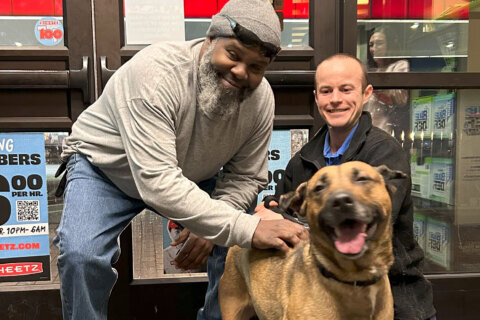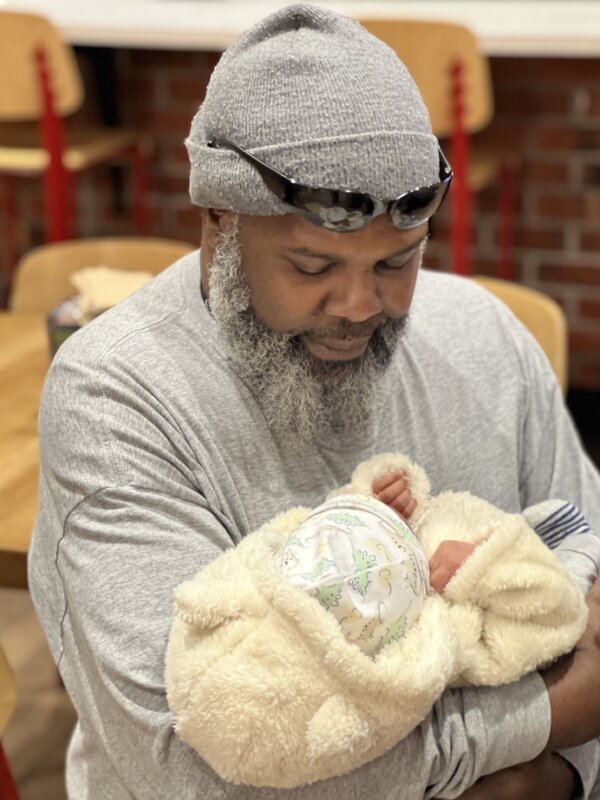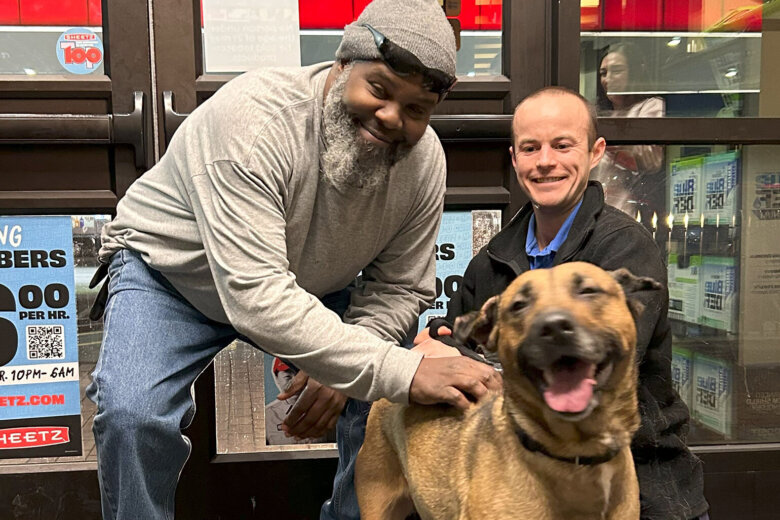
This week, James “Jimmy” Langhorne of Baltimore, Maryland, was released from a Maryland state prison after serving nearly 30 years for a crime he did not commit.
Langhorne was greeted just steps from the prison in Western Maryland by his sister, who wept with joy and held him tight, telling him, “I prayed for this day!” and, “I missed you baby brother.”
But once the elation passed, Langhorne, along with others who’ve been wrongly convicted and served long sentences, faced the fact that he’s entering a period of adjustment in a number of facets of his life.
Freed prisoners experience a sudden reintroduction to life outside of those walls, where they have autonomy, but have been disconnected to the changes that have taken place in the decades since their incarceration.
Shawn Armbrust, the executive director of the Mid-Atlantic Innocence Project, told WTOP, “If you think about the changes in society over the past 10 years,” they are dramatic.
Over the past 30 years, changes in technology alone have been revolutionary.
“You’re navigating cellphones, and everything’s a touch screen, and it’s really confusing for people,” Armbrust said.
“It’s hard to sort of explain to someone how screen-dependent every facet of life is. You pay with your phone, you sign in with your phone, you get the menu on a QR code on your phone. It’s so dominant that I think it’s hard for a lot of our clients,” she said.
There are social and family adjustments as well. Even after exoneration, Armbrust said, clients can find themselves feeling they have to prove over and over again that their convictions were tossed out and they were not guilty of the crime they were charged with.

“We definitely serve as reference checks for people to sort of verify that people went to prison for something they didn’t do,” she said.
In Langhorne’s case, Armbrust said he was “labeled as somebody who shot a guy he didn’t know in the face, and that’s a lot of baggage to carry around.”
Asked what clients who’ve been wrongly convicted find helpful during their recovery from their experience, she said, “In the cases where the state, in some way, officially acknowledges that the person was wrongly convicted, whether it’s through a prosecutor or through a judge, I think that really helps.”
In Langhorne’s case, one of his first requests was to spend time with a dog. The Humane Rescue Alliance worked with Armbrust to make that happen and Langhorne met a Malinois mix named Hope.
Armbrust said that’s not an uncommon sort of reaction upon release from prison. Contact with pets or time outdoors is something many clients missed, Armbrust said.
“We have one client now that is working with horses. We have one client now that just walks the streets of D.C., like just miles at a time,” she said.
There are other things Armbrust said her clients talk about enjoying that most of us take for granted: “A comfortable bed, a comfortable couch.”
Get breaking news and daily headlines delivered to your email inbox by signing up here.
© 2025 WTOP. All Rights Reserved. This website is not intended for users located within the European Economic Area.









